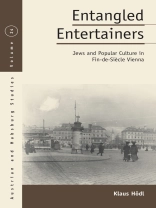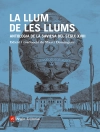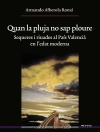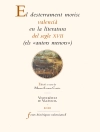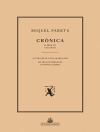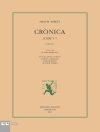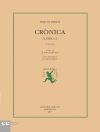Viennese popular culture at the turn of the twentieth century was the product of the city’s Jewish and non-Jewish residents alike. While these two communities interacted in a variety of ways to their mutual benefit, Jewish culture was also inevitably shaped by the city’s persistent bouts of antisemitism. This fascinating study explores how Jewish artists, performers, and impresarios reacted to prejudice, showing how they articulated identity through performative engagement rather than anchoring it in origin and descent. In this way, they attempted to transcend a racialized identity even as they indelibly inscribed their Jewish existence into the cultural history of the era.
Table des matières
Introduction
Chapter 1. Jews in Viennese Popular Culture Around 1900 as Research Topic
Chapter 2. Jewish Volkssänger and Musical Performers in Vienna Around 1900
Chapter 3. Jewishness and the Viennese Volkssänger
Chapter 4. Jewish Spaces of Retreat at the Turn of the 20th Century
Chapter 5. From Difference to Similarity
Conclusion
Bibliography
Index
A propos de l’auteur
Klaus Hödl is a lecturer and researcher at the University of Graz, Austria. His publications include Kultur und Gedächtnis (2012) and Wiener Juden – jüdische Wiener: Identität, Gedächtnis und Performanz im 19. Jahrhundert (2006).
